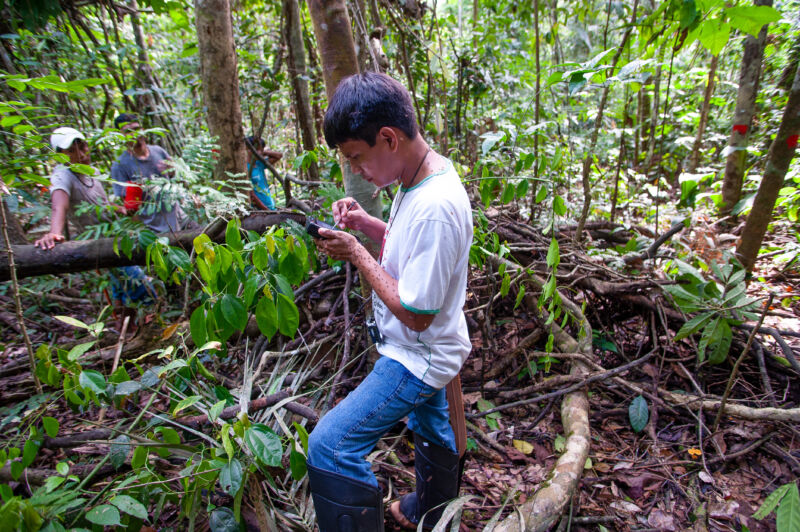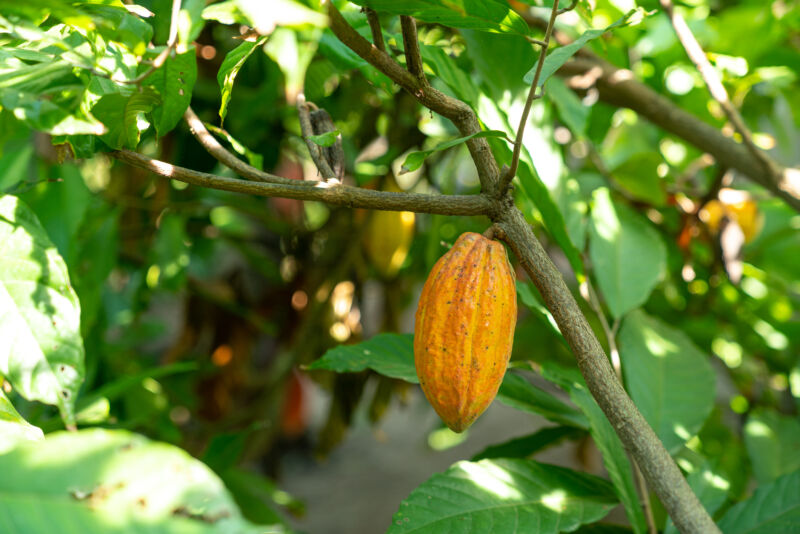-
chevron_right
‘Dirty political games’: Suriname is selling its gold and timber – at the cost of tribal land rights
news.movim.eu / TheGuardian · Wednesday, 21 February - 11:39
Communities such as the Saamaka are vocal in opposition to increased mining and logging – but has the country’s claim to fame as the most forested in the world already been fatally undermined?
- Photographs by Bram Ebus
“Welcome to Suriname – the most forested country in the world!” reads a billboard above the entrance of Suriname’s international airport terminal. Numerous signs remind travellers that more than 90% of its territory is covered by lush jungle, and the country takes pride in its environmental track record.
However, legal and illegal gold mining and expanding logging operations increasingly threaten this statistic, putting forests at risk and undermining the rights of tribal and Indigenous people to the land.
Continue reading...


